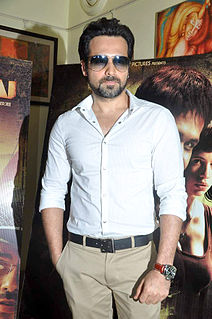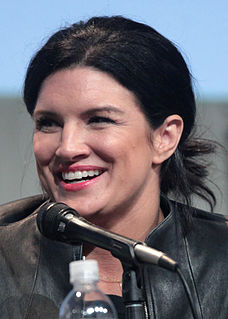A Quote by Tim Ferriss
I'm very often described as a 'risk-taker' and 'extreme,' and there are a few examples of that, certainly in the physical experimentation.
Related Quotes
Unlike most of life, what you do really matters. Your actions have real consequences. You have to pay attention and focus, and that's very satisfying. It forces you to pay great attention and you lose yourself in the task at hand. Without the risk, that wouldn't happen, so the risk is an essential part of climbing, and that's hard for some people to grasp. You can't justify the risk when things go wrong and people die. The greater the risk, the greater the reward in most aspects of life, and in climbing that's certainly true, too. It's very physical, you use your mind and your body.
I think we can see violence in a whole range of realms. We certainly see it in the media, where extreme violence is now so pervasive that people barely blink when they see it, and certainly raise very few questions about what it means pedagogically and politically. Violence is the DNA, the nervous system of this system's body politic.
The term "genocide" is often incorrectly assumed to mean extreme examples of mass murder associated with war, with the death of millions of individuals, as, for instance in Cambodia. Although clearly the Holocaust was the most extreme of all genocides, the bar set by the Nazis is not the bar required to be considered genocide. Most importantly, genocide does not have to be complete to be considered genocide.



































